Last Updated
Los Cabos is perhaps one of the Mexican destinations in which more English is spoken by locals. At least, that was the case before the pandemic. When the pandemic hit, though, a lot of the bilingual workers that worked in jobs catering to the needs of tourists returned to their hometowns in other parts of Mexico.
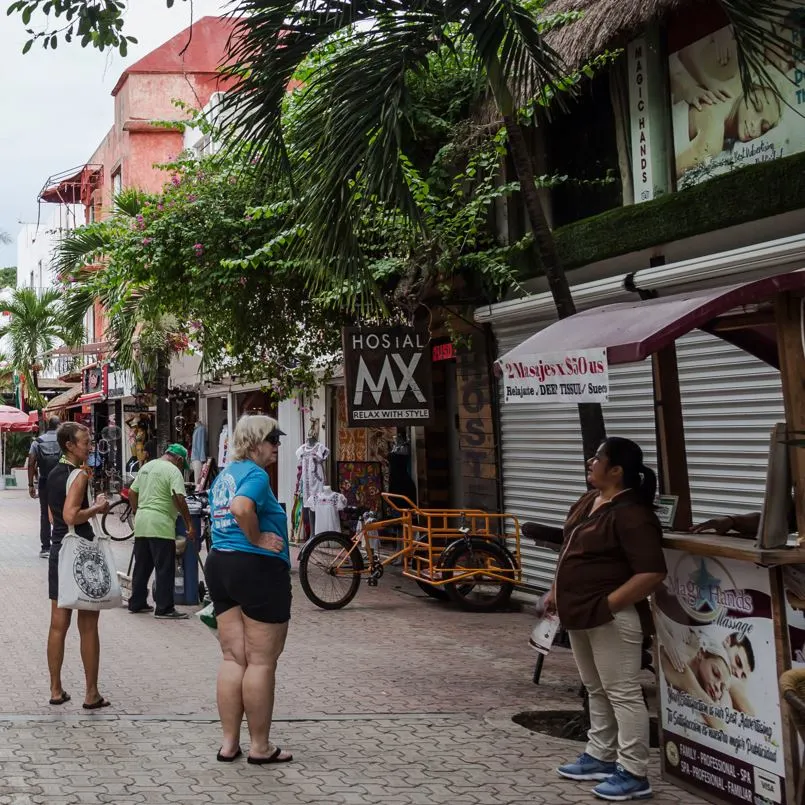
While plenty of local workers have stepped up to fill this void, but because of this issue, there’s a chance you may need Spanish in Cabo more than ever. Here are 6 key phrases to help tourists be better understood while in Cabo and therefore have a smoother vacation.
All The Greetings, Please & Thank You
These are phrases that most people, particularly those coming from the U.S., are already going to have down. Gracias means thank you, and por favor is please.
Hola is hello, while buenos dias, and buenas tardes mean good morning and good evening respectively.
For later at night, buenas noches is the correct term.
If you’re on the fence about the pronunciation of these phrases, you can use this tool to translate and get the phonetic transcription of the word. Good manners are typically appreciated, especially among local sellers.
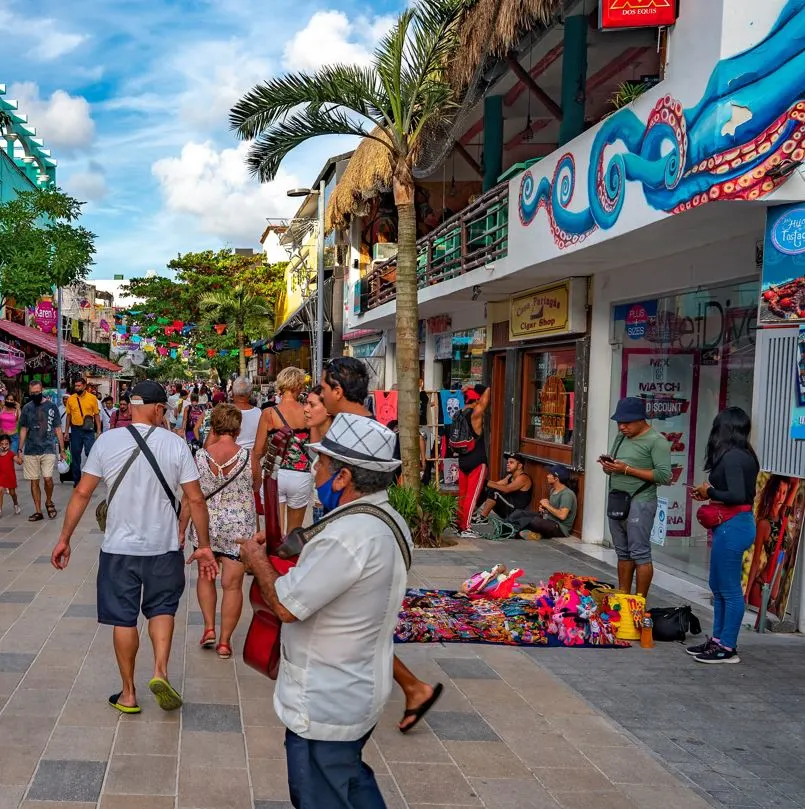
Bargaining Phrases That Travelers Need To Know
“Cuanto cuesta?” This is the phrase that you want to say when you’re asking how much something costs.
“¿Es lo menos?” is the question you want to ask when you’re bargaining.
A lot of local sellers will, in fact, sell their products for less if people bargain for the deal. The problem for a lot of foreign tourists is that the language barrier doesn’t allow them to bargain. “¿Es lo menos?” essentially means, “is that as low as you can go?”
Top 5 Travel Insurance Plans For 2023 Starting At $10 Per Week
Easily Earn Points For Free Travel
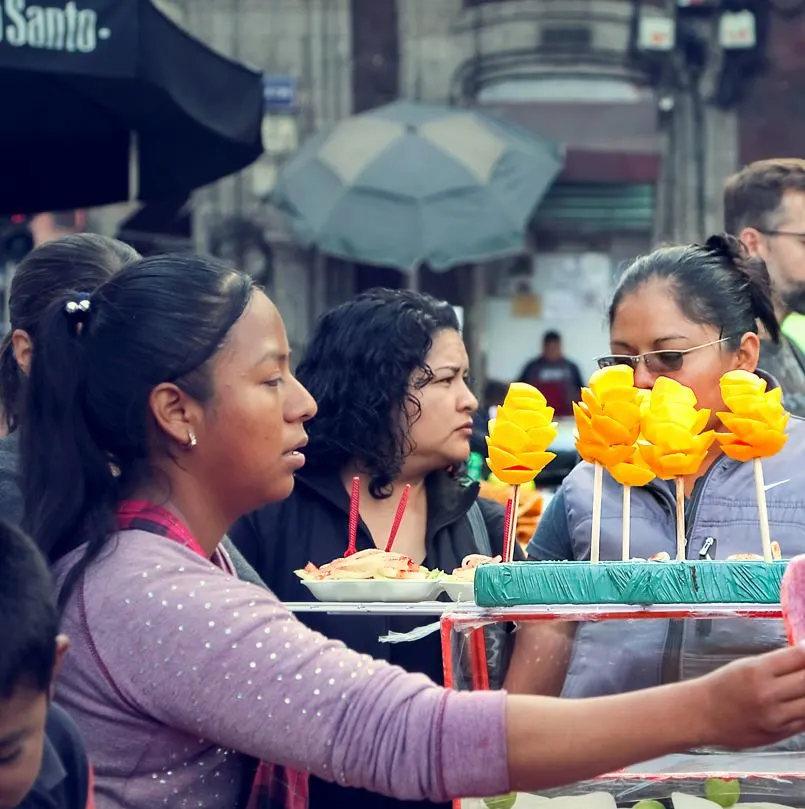
For dealing cabs you’ll say “cuánto cuesta ir a” or “cuanto cuesta el viaje a“. This last phrase translates to how much is the trip to… You have to fill in the blank with your destination. You’d say something like, “Cuánto cuesta ir a Grand Velas?” To be better understood, learn the name of your hotel, the restaurant, or wherever it is that you want to go.
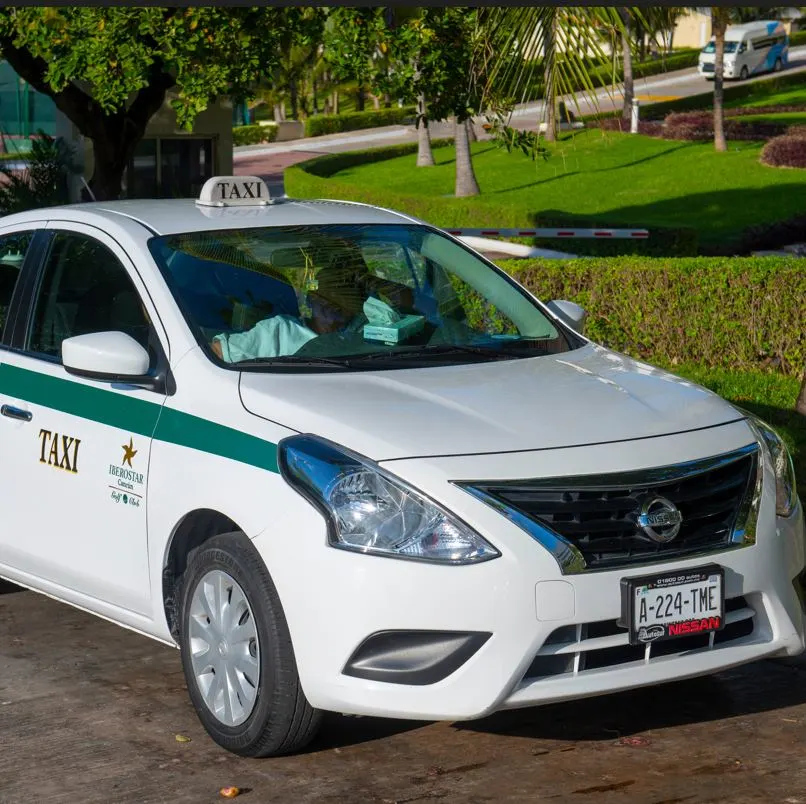
Phrases To Know What You’re Buying
One of the biggest scams for tourists is some of these extra fees that you didn’t know you have to pay at first. There was an issue recently with special bracelets to get on boating trips.
With any tour, you want to learn the phrase, “Que incluye?”. This phrase literally translates to, what’s included? Yes, this can lead to a tougher conversation. You can learn the phrase, “incluye comida?”. This is one that you can use to ask if the trip for example includes food.
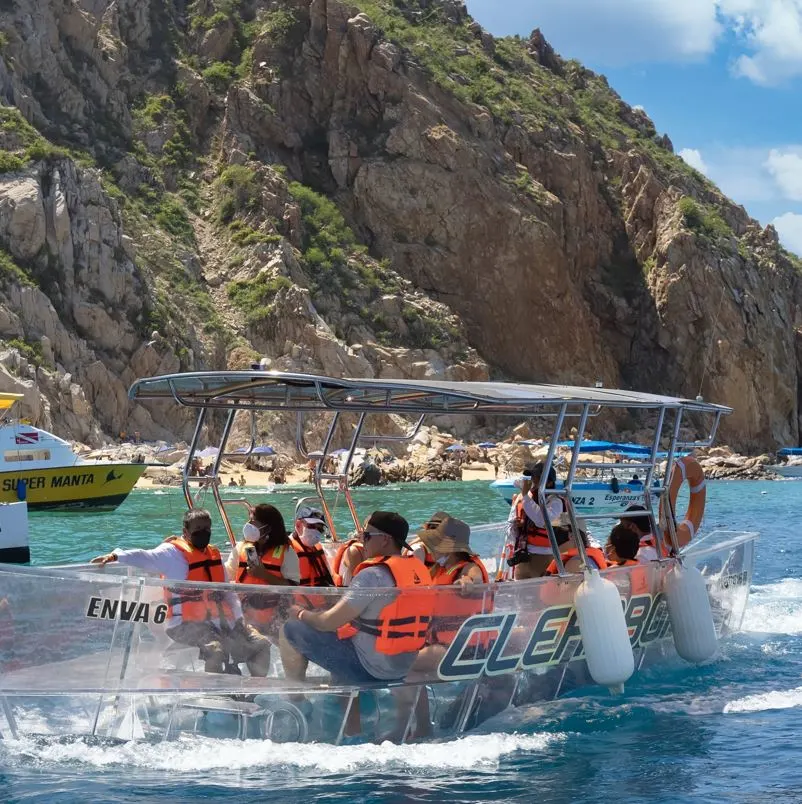
Food Poisoning or Allergy Issues
Speaking of food, when heading to Los Cabos, it’s highly likely that you’ll come across food that you’re not necessarily familiar with. If you have food allergies or follow a specific diet, you may want to know exactly what’s in your food. For those types of things, you can ask the following phrases.
Tiene carne? Or Es Vegano? – Does it have meat? Is This Vegan?
Tiene nueces? – Does this contain nuts?
If you’re allergic to anything specific, you can add the name of that in Spanish next to “tiene” in a question. This can help you determine what’s in your food. Hopefully, knowing this phrase will allow people to avoid any type of food poisoning.

Ways To Call For Help
“Ayuda” is the word for help. If you need immediate help, this is the word that you’re going to want to scream out. If it’s something more like you’re trying to find the location of the place, you may say “me puede ayudar a encontrar”.
At the end of the phrase, you’ll add the name of the place. If you want to be extra polite, you can say, “disculpe me puede ayudar a?” This means, excuse me, can you help me? The way that you inflect your voice will certainly be enough to help others understand how urgent your situation may be.
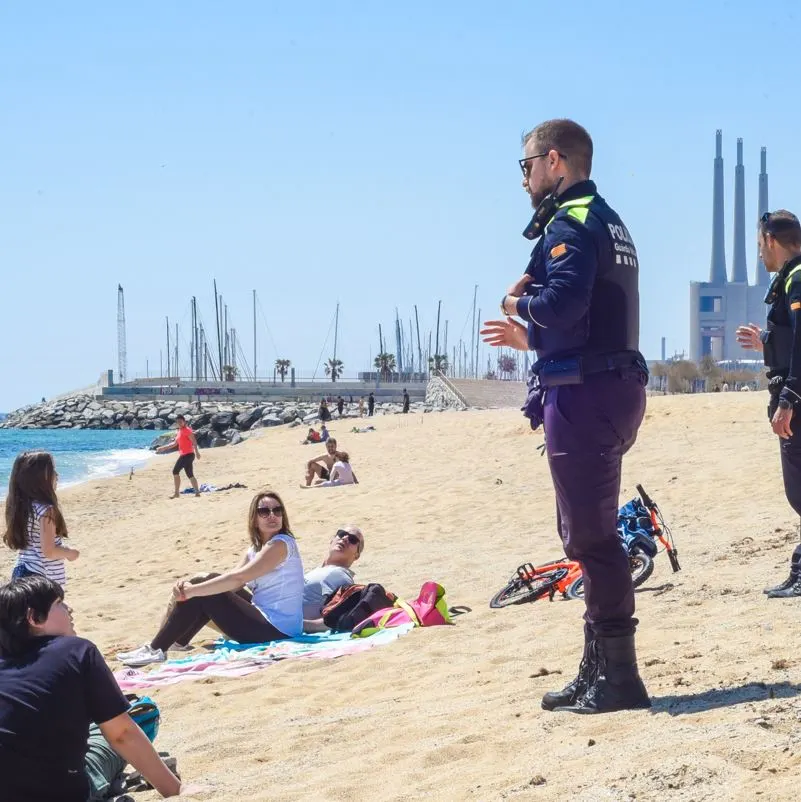
The Bonus Phrases That Are Good To Know
Anything restroom related is always going to be important. You’ll want to learn, “puedo usar su baño?”. This directly translates to may I use your restroom?
“Llame a una ambulancia” means, call an ambulance. This is probably one you’re never going to want to use, but you’ll want to know.
Finally, the obvious one, “Habla inglés?”. Do you speak English? If someone hears you try to utter this and doesn’t reply in English, it gives you their answer then and there.
Plan Your Next Cabo Vacation:
Traveler Alert: Don’t Forget Travel Insurance For Your Next Trip!
Choose From Thousands of Cabo Hotels, Resorts and Hostels with Free Cancellation On Most Properties
↓ Join The Community ↓
The Cabo Sun Community FB group has all the latest travel news, conversations and current events happening in Los Cabos

Subscribe to our Latest Posts
Enter your email address to subscribe to The Cancun Sun’s latest breaking news affecting travelers, straight to your inbox.
